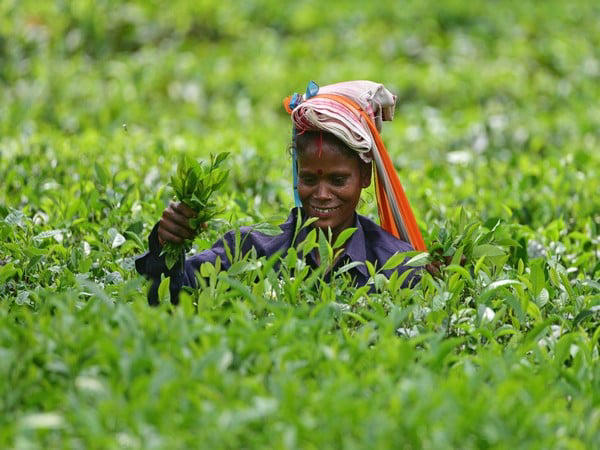The idyllic landscapes of Assam and West Bengal, renowned for their lush tea gardens, are facing a brewing crisis as climate change wreaks havoc on the region’s tea production. With less rainfall and soaring temperatures becoming the new normal, experts warn that tea production in these key regions could plummet by as much as 50%, posing significant challenges to the livelihoods of millions and the global tea industry at large.
Assam and West Bengal together account for a substantial portion of India’s tea output, with the iconic Assam tea prized for its rich flavor and distinctive aroma, while Darjeeling tea from West Bengal’s foothills enjoys a coveted status among connoisseurs worldwide. However, the traditional rhythms of tea cultivation are being disrupted by shifting weather patterns and erratic climatic conditions.
One of the primary factors contributing to the decline in tea production is the decrease in rainfall, exacerbating water stress and hampering plant growth. Tea plants require adequate moisture to thrive, and a deficit in rainfall can lead to stunted growth, reduced leaf yield, and diminished quality. In recent years, both Assam and West Bengal have experienced erratic monsoon patterns, with prolonged dry spells punctuated by intense rainfall events, disrupting the delicate balance necessary for optimal tea cultivation.
Moreover, the rise in temperatures further compounds the challenges faced by tea growers. High temperatures accelerate evapotranspiration, causing water loss from both soil and plants, thereby exacerbating water scarcity and heat stress. Tea plants are particularly sensitive to temperature fluctuations, and prolonged exposure to extreme heat can lead to wilting, leaf scorching, and decreased productivity. The increasing frequency of heatwaves in the region poses a significant threat to tea cultivation, jeopardizing the livelihoods of millions employed in the tea industry.
The repercussions of climate change extend beyond the tea gardens to the socio-economic fabric of the region. The tea industry is a major employer in Assam and West Bengal, providing livelihoods to millions of workers, smallholder farmers, and their families. A decline in tea production not only jeopardizes the incomes of these stakeholders but also undermines the social welfare programs and infrastructure supported by the industry, including schools, healthcare facilities, and housing colonies.
Furthermore, the impact of reduced tea production extends beyond domestic borders, reverberating throughout the global tea market. India ranks among the world’s largest tea producers and exporters, with Assam and Darjeeling teas enjoying premium status in international markets. A significant decline in production from these regions could lead to supply shortages, price volatility, and quality concerns, affecting tea enthusiasts and businesses worldwide.
In response to the mounting challenges posed by climate change, tea growers and stakeholders are increasingly turning to adaptation and mitigation strategies to safeguard the resilience and sustainability of the industry. These efforts encompass a range of initiatives, including the adoption of climate-resilient tea cultivars, water conservation measures, agroforestry practices, and investment in renewable energy technologies.
Moreover, there is growing recognition of the need for policy interventions and collective action to address the root causes of climate change and build resilience within the tea sector. Governments, industry associations, research institutions, and civil society organizations must collaborate to develop and implement strategies that promote sustainable tea production, mitigate greenhouse gas emissions, and support the adaptation needs of tea growers and communities.
In a nutshell, the looming threat of reduced rainfall and high temperatures casts a shadow over the future of tea production in Assam and West Bengal. Climate change poses an existential challenge to an industry deeply intertwined with the cultural heritage, economy, and identity of the region. However, amidst the adversity, there lies an opportunity for innovation, collaboration, and collective action to chart a path towards a more resilient and sustainable future for tea cultivation. By investing in adaptation measures, fostering climate-smart practices, and advocating for policy reforms, stakeholders can mitigate the impacts of climate change and ensure the continued vitality of the tea industry for generations to come.


